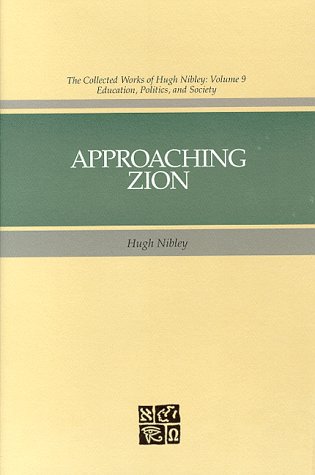-
•
•
The Society for Mormon Philosophy and Theology’s 2013 conference will be held at Utah Valley University, October 31-November 2, with the theme, “The Atonement.” Here is the theme description and submission instructions from the call for papers (PDF). Call for Papers: “The Atonement” The Society for Mormon Philosophy and Theology invites paper proposals on any aspect of Mormon belief, including its philosophical ramifications. We particularly encourage submissions on this year’s theme. “The fundamental principles of our religion,” said Joseph Smith, “are the testimony of the Apostles and Prophets, concerning Jesus Christ, that He died, was buried, and rose again the… Read More
-
•
•
46 responses

The reaction to yesterday’s two-hour Worldwide Leadership Broadcast on missionary work has been mixed. Given the pre-broadcast hype, some viewers were undewhelmed; others were impressed. Our friends at BCC live-blogged the event with reader comments ranging from cynically dismissive to excited and energized. Below I’ll give links to media and LDS coverage, offer my own summary, then add some commentary. Read More
-
•
•
39 responses
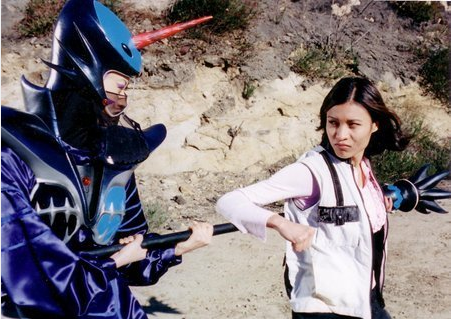
Some folks enjoy poking a hornet’s nest, but just writing that title has me quoting Shakespeare in my head: “Once more into the breach, dear friends, once more.” I’m going to go ahead, however, because even though I may be about as welcome in most feminist circles as Feminists for Life (or as my friends at Secular Pro-Life when they showed up at the American Atheist Convention) the reality is that as long as women face staggering rates of sexual assault and systematic discrimination–things I’ve witnessed second hand through friends and family–I will consider myself a feminist. So tough luck all… Read More
-
•
•
13 responses
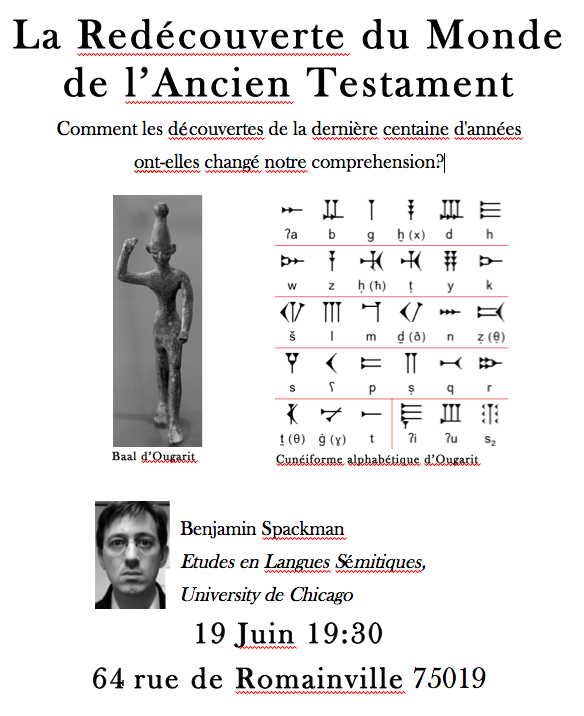
As noted a few weeks ago, I gave my first of three lectures last night, on the Rediscovery of the World of the Old Testament. It was open to the public, and although several groups of an inter-religious nature were invited (apparently the local ward has had some contacts and activities with them before), I think most of the 30-odd in attendance were LDS. I prepared about 35 slides, with a projecteur, divided into three parts. 1) Why “Rediscovery”? In short, the full “World of the Old Testament” was lost. We had nothing but the Bible. It was akin to having a… Read More
-
•
•
25 responses
No. Thank you, I will not commit to doing that. No. That makes me uncomfortable. No. I wouldn’t have time to do that well and still meet my other obligations in a satisfactory manner. No. I don’t have the skills necessary to do that job. No. I’m pretty sure I’m just not going to do that, so you’d be better off asking someone else. We, sweet, eager to please, eager to accept authority people that we are, we need to learn to say “no.” If it helps, we can explain why we are saying no, so long as… Read More
-
•
•
31 responses
Twenty years ago, I held up one half of the largest sign at a student protest in response to the non-renewals of two BYU professors. Read More
-
•
•
69 responses
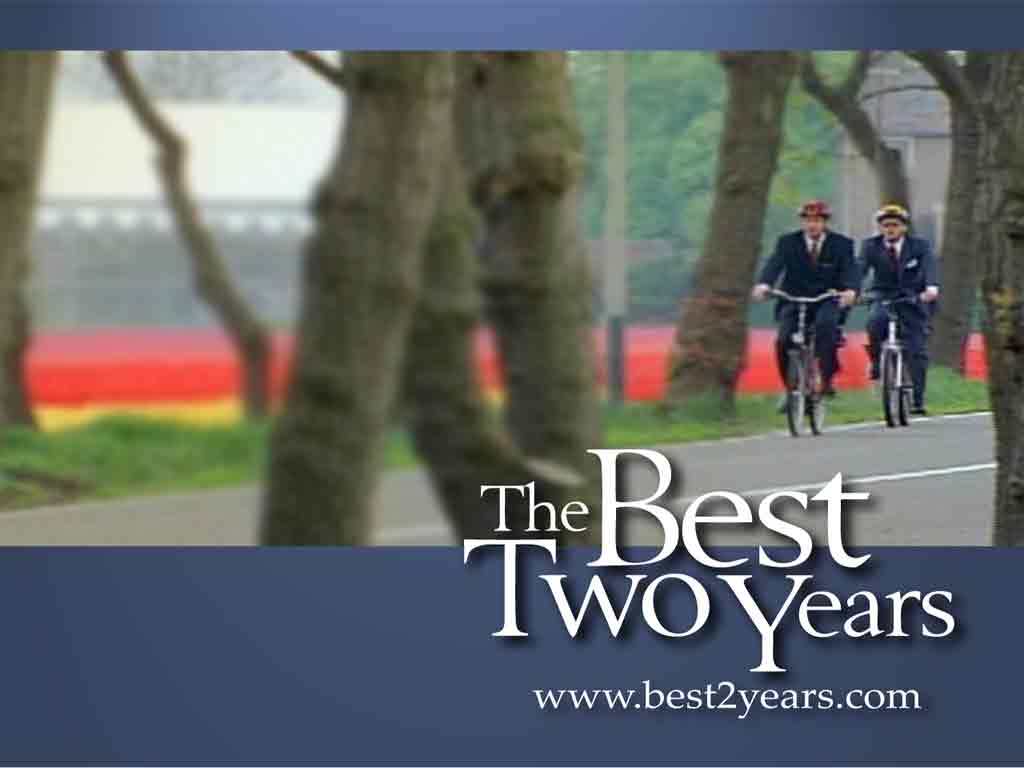
I’m going to wander a little farther from familiar territory in this post. I hope you’ll willingly entertain some speculation and tentative analysis about the institutional nature of the Church in a changing society and indulge my focus primarily on American culture. I’m interested to see what others make of these ideas. First, only institutions that develop successful methods for continuously bringing in new members can survive over the long term. Since the Church has survived and thrived in the centuries since its founding, it stands to reason that the Church must have developed reasonably effective recruitment practices. Of course… Read More
-
•
•
2 responses
I frequently hear claims that many church members are leaving the Church, that those who have been raised in the Church, or who have converted have become disillusioned. For a variety of reasons members do leave the Church, and it may be that they are leaving faster now than they did 50 years ago; although we don’t have the data to say for sure. It is clear that this has happened throughout the history of the Church, sometimes in greater numbers than in other times. D&C gospel doctrine lesson #24 addresses this, urging members to “be not deceived.” Read More
-
•
•
5 responses
(This is the second post in a series. The first post is here.) Read More
-
•
•
46 responses
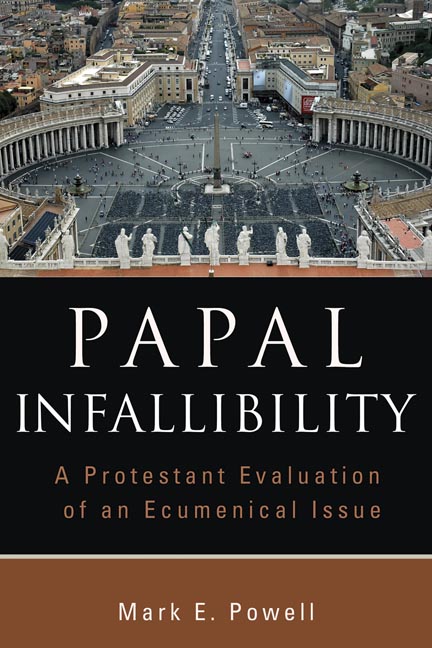
As Mormons we follow the prophet, we proclaim, lifting our right hand at many Church occasions, for ‘he shall not lead us astray’. Quite a few General Conference talks urge us to heed the words of the Lord’s anointed, to follow his counsel as the true Iron Rod for our ecclesiastical lives. ‘When the prophet speaks, the debate is over’ First Counselor N. Eldon Tanner wrote in the Church’s Ensign magazine August 1975, echoing an Improvement Era’s message of June 1945, and this message comes to us over and over again. Read More
-
•
•
9 responses

This is the third post (first, second) in a series on the New Testament. This post covers what should probably have been the first post: consideration of the seven undisputed letters of Paul, chronologically the earliest documents in the New Testament, written in the 50s. They give us the best information we have on the early Christian churches scattered around the Roman world. Oddly, Paul’s letters receive much less attention in most LDS discussion of the New Testament than the gospels. Read More
-
•
•
15 responses

For members and visitors alike, that little sheet of cheap white copy paper is invaluable when they need it. But usually, they don’t. Read More
-
•
•
50 responses

I could see them before I crossed Michigan Avenue into Grant Park. There were probably five of them, holding big yellow signs with blocky letters, Bible verses. It seemed out of place, fifty feet in front of the entrance to the Chicago Blues Festival, but maybe I just didn’t understand the logic behind it. I don’t remember the verses the signs promoted, and the picketers seemed nice enough, holding signs but not harassing the passersby, passersby who, like me, basically ignored them. Maybe they’d picked out verses of scripture with special applicability to fans of the blues; then again, maybe… Read More
-
•
•
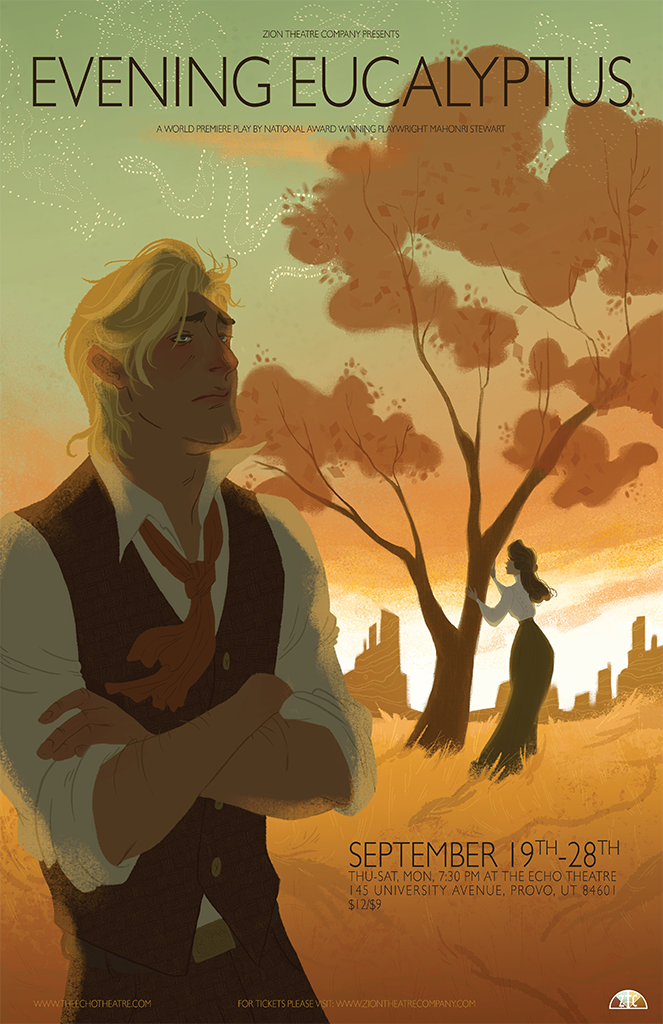
A couple of weeks ago, I reviewed Mahonri Stewart’s two plays The Fading Flower and Swallow the Sun. I liked them both. I’m also reading the anthology of plays that he compiled and edited Saints on Stage. So far it’s been fantastic just for the historical overview of Mormon drama from the Restoration until today, and I’m just getting into Robert Elliot’s Fires of the Mind. So, when I learned that his theater company (Zion Theatre Company) was putting on a Kickstarter campaign, I jumped at the chance to back it. Zion Theatre Company is currently in its third year,… Read More
-
•
•
63 responses
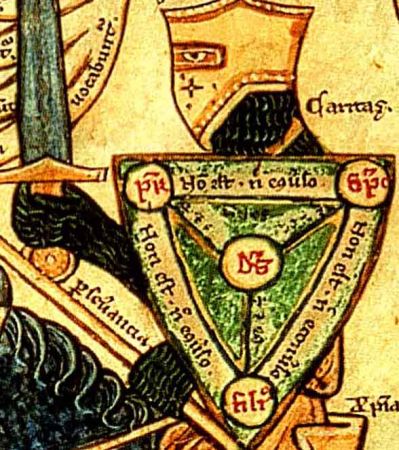
Against my better judgment, and to the detriment of my workday, I allowed myself to be temporarily pulled into a Facebook debate on Friday about Mormonism and orthodox Christianity. This went about as well as could be expected, of course. The word “cult” was used in earnest, the Tanners were quoted, and all in all it was a horrifying flashback to my high school days as an Internet messageboard crusader. (Thank goodness those days are over!) I eventually came to my senses and retreated like Luke Skywalker fleeing the Mos Eisley Cantina. I did, however, gain some insight into the… Read More
-
•
•
7 responses
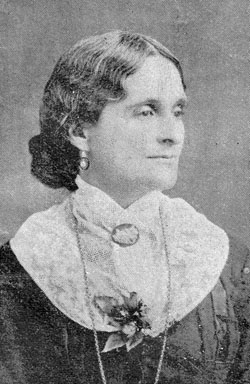
It is nice to see our duties described in a way that makes clear their role in our communities. Take tithing, for example. Lorenzo Snow’s teachings in the current Priesthood/Relief Society manual (lesson 12) clearly cover our obligation, outlining how much we must provide and how tithing is a commandment of the Lord. But the lesson doesn’t put obedience to this commandment in context. It doesn’t show how it works in our everyday lives and what its effects are on our community. I think this poem does put the commandment in context. Read More
-
•
•
I occasionally see from both inside and outside of the Church those who suggest that Mormons are somehow against education. While there certainly have been some anti-intellectual ideas floating around the Church almost from the beginning, the general tenor of Church teachings have always been supportive of education, and D&C Gospel Doctrine lesson #23 is no different. Church leaders have repeatedly, since the days of Joseph Smith, made it clear that education is not just good, it is part of the very purpose of life. Today’s poem sees education as a crucial element in the progress of man: Read More
-
•
•
15 responses

I’ve recently been involved in teacher training in my ward and have prepared some materials that I’m going to share across a few posts. Read More
-
•
•
16 responses
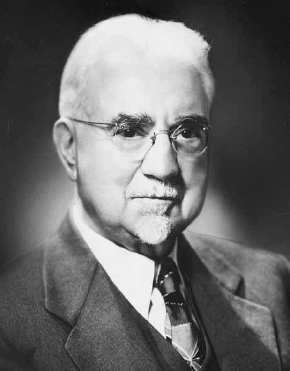
One of the most difficult concepts for many (perhaps even most) Church members in U.S. culture today is the idea that we should let the Lord direct our lives. Part of the difficulty lies in our desires, which may be righteous, but also may not be what the Lord would have us do. How often do we ask what he wants us to do? Another source of doubt about this concept is knowing what the Lord would have us do, even if we have asked. We sometimes feel like we are asking and not getting an answer (although I suspect… Read More
-
•
•
4 responses

The word of wisdom is strongly connected with who we are as Mormons—it has become as much an identifier as pork is for Jews and for Muslims. We emphasize the importance of this teaching in lessons like the current Gospel Doctrine lesson (#22), and we teach it to kids almost from birth. But while section 89 was received by Joseph Smith in 1833, it really didn’t become an identifying characteristic of Mormons until past 1900 and, as I understand it, was only included among the Temple recommend questions in the 1950s. It is perhaps no surprise, then, that it was… Read More
-
•
•
37 responses
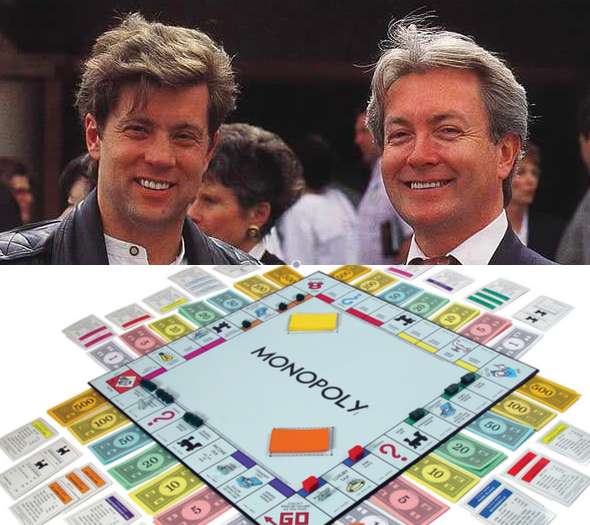
Something insidious infects our children from the moment they’re born. It’s unstoppable. It surrounds us, burrows in deep, far below our conscious minds, and like a computer virus, writes subtle programming that dictates our worldview, our attitudes, and assumptions, shaping our very reflexes… Read More
-
•
•
7 responses
I now genuinely regret my use of the term ‘violence’ in my recent post. My intention was to be completely candid and point out a phenomenon of our collective experience. As I often tell my students, however, the thoughts, intentions and arguments that might genuinely be running through our heads when we compose something does not change the meaning of the end product. Read More
-
•
•
53 responses

On a recent long drive, I listened to all 12 lectures of a Science and Religion audio book by Professor Lawrence Principe of Johns Hopkins. A topic of personal interest (see my earlier T&S series here, here, here , and here), the science-religion issue should also be more of an interest to LDS scholars and apologists in general, given the role that science, scientism, or a mixture of the two often seems to play in the thinking of young Mormons who choose to exit the Church. My sense is that most people pick up from the media or general education… Read More
-
•
•
71 responses
A great deal of the discussion on women in the priesthood that I see happening right now[1] concerns our efforts to control and propagate various narratives. Personally, I find our current default narratives even more upsetting than our current practices. Read More
-
•
•
When we think of the second coming of Christ and the things that will happen in the last days, frequently our focus is on the prophesied destruction and the “signs of the times.” But as the focus of D&C Gospel Doctrine lesson 21 shows, we need not put our focus there, but instead we can focus on what will happen to the righteous and the millennium that will be ushered in by the second coming. That same kind of focus can be seen in the following hymn by W. W. Phelps: Read More
-
•
•
13 responses
The Mormon Theology Seminar will host a two-day conference, “Opposition in All Things: Mormon Perspectives on the Fall,” at Utah Valley University on June 7-8, 2013. Read More
-
•
•
19 responses
We need bodies to become like God. But bodies are organs of passing. Read More



